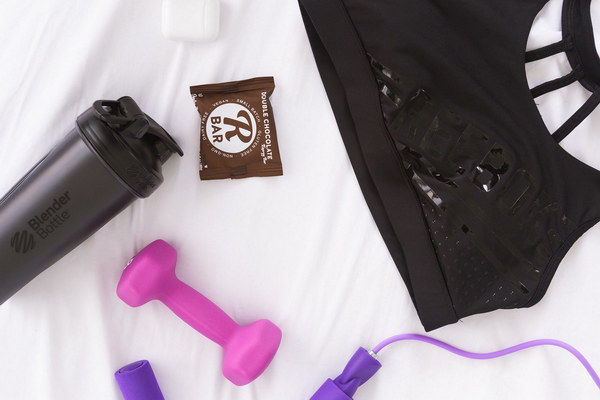Optimizing Health Before and After Exercise A Comprehensive Guide
Introduction:
Exercise is a crucial component of maintaining a healthy lifestyle. However, many people neglect the importance of proper care before and after engaging in physical activity. This article will provide a comprehensive guide on how to optimize your health before and after exercise to maximize the benefits of your workout routine.
Pre-Exercise:
1. Hydration:
Ensure that you are well-hydrated before beginning your workout. Dehydration can lead to decreased performance, increased risk of injury, and prolonged recovery time. Aim to drink at least 16-20 ounces of water 2-3 hours before your workout and an additional 8-10 ounces 15-30 minutes before you start exercising.
2. Nutrition:
Fuel your body with the right nutrients before exercising. Consuming a balanced meal rich in carbohydrates, proteins, and healthy fats 2-3 hours before your workout can help improve performance and reduce the risk of muscle damage. However, if you're exercising within an hour of eating, opt for a lighter snack such as a banana, a handful of nuts, or a sports drink to provide quick energy.
3. Warm-Up:
A proper warm-up is essential to prepare your body for exercise. Start with 5-10 minutes of light cardio, such as walking or jogging, to increase blood flow and warm up your muscles. Follow with dynamic stretches to improve flexibility and mobility, reducing the risk of injuries.
4. Equipment:
Ensure that you have the appropriate equipment for your workout. This includes comfortable, well-fitted clothing and footwear that provide adequate support and protection. If you're using any equipment, such as weights or resistance bands, make sure they are in good condition and properly adjusted.
During Exercise:
1. Hydration:
Stay hydrated throughout your workout by drinking water at regular intervals. The amount of water you need will depend on the intensity, duration, and environmental conditions of your exercise. Listen to your body and drink when you're thirsty.
2. Nutrition:
For prolonged or high-intensity workouts, consider consuming sports drinks or energy gels to replenish electrolytes and carbohydrates. Timing your nutrient intake during exercise can help maintain energy levels and improve performance.
3. Rest and Recovery:
Listen to your body and rest when needed. If you feel fatigued or experience pain, take a break and give your body time to recover. Short breaks can help maintain a consistent workout pace and prevent overtraining.
Post-Exercise:
1. Cool Down:
After completing your workout, spend 5-10 minutes cooling down with light cardio and stretching. This helps to reduce muscle stiffness and soreness, as well as bring your heart rate and body temperature back to normal.
2. Hydration and Nutrition:
Rehydrate by drinking water or a sports drink to replenish lost fluids and electrolytes. Consume a balanced meal rich in carbohydrates and proteins within 30 minutes to 2 hours after your workout to aid muscle recovery.
3. Stretching:
Perform static stretches to improve flexibility and reduce muscle tightness. Focus on major muscle groups, such as the quadriceps, hamstrings, calves, and back. Hold each stretch for 15-30 seconds, avoiding any pain or discomfort.
4. Rest and Recovery:
Allow yourself adequate time to rest and recover. This may involve taking a day off from exercise or engaging in low-intensity activities, such as walking or yoga, to promote healing and muscle repair.

Conclusion:
By following these guidelines on how to optimize your health before and after exercise, you can maximize the benefits of your workout routine while minimizing the risk of injuries and overtraining. Remember, proper care is key to maintaining a healthy and active lifestyle.









